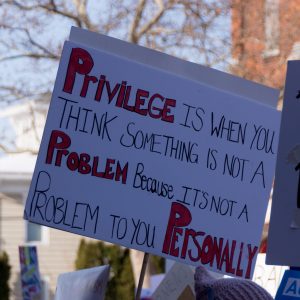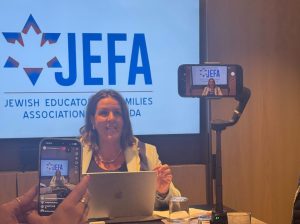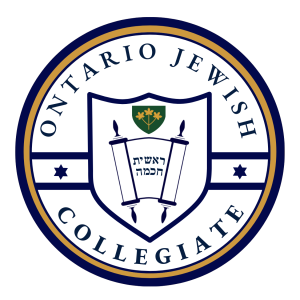 Aaron Yevick has found his talent. And it might change the world. Sort of.
Aaron Yevick has found his talent. And it might change the world. Sort of.
Aaron Yevick, a Yeshiva University student, has had his research published only 24 days after submission to the scientific journal Physical Review B.
Yevick, a Toronto-born physics student at Yeshiva University, recently had his research published, for the first time, in Physical Review B, a peer-reviewed scientific journal.
While Yevick is in his second year at Yeshiva, he’s only 18 years old. Last summer, when he was too young to use some of the equipment, the student worked with Anatoly Frenkel, the chair of the physics department at YU’s Stern College for Women, on research about nanoparticles.
Research on nanoparticles, tiny particles made up of 10 to several thousand atoms, is of great interest to the scientific community because of their use in fuel cells, cars, electronic data storage and medicine. Much is still unknown about the properties of nanoparticles, mainly because they’re too small to be accurately measured. Which is where Frenkel and Yevick come in.
Yevick and Frenkel’s research focused on how to properly measure nanoparticles .
“There’s this X-ray measurement technique called EXAFS, which fires X-rays at the nanoparticles,” Yevick said.
The machine can estimate the size of the particles, how far apart its atoms are and the elements that its made up of. What Yevick found was that when nanoparticles are distorted or compressed, the measurements are often wrong.
“My goal was to see how well this EXAFS technology responded to surface tension… which is basically when… the clusters [of nanoparticles] are compressed for any reason, which happens in nature,” he said.
Yevick did most of his research using a computer program that he wrote, which modelled nanoparticles. Using this program, he suggested a way to find the correct measurements, which could help those studying how nanoparticles can be used in areas like medicine or fuel cells.
“To be honest with you, when I did this research, I didn’t think anybody would really care,” Yevick said. “It got almost immediately accepted [into Physical Review B]. I don’t know the scientific community much, but I know they care about this. It’s going to help people measure these nanoparticles.”
Apart from being published only 24 days after submitting the article, in which he shared a byline with Frenkel, Yevick was one of five YU students to receive the Henry Kressel Research Scholarship, which will fund further research in his field of study. Because of the scholarship, Yevick will continue to research nanoparticles this summer.
Physics has always been a natural fit for Yevick, whose grandfather and father are both physicists.
“I never had a talent. I don’t have one of those really big personalities. [I’m not] really good at English and stuff,” he said.
But he is good at physics.
“With physics, you really have to know the stuff. There’s no other way of solving a physics problem than to be creative and expand your mind.”
The student, who spent his teen years in New York at Yeshiva University High School for Boys, credits his father for his success.
“I really owe my father a lot, a lot, a lot of credit. He’s kind of always, always, always ready to help,” he said. “Whenever I had a problem with class, I could always call him no matter when and he’d explain it.”
Yevick hopes to become a physics professor as well, and is planning to go to graduate school for physics.
Frenkel, who will be working with Yevick again this summer, isn’t surprised.
“[When working with him] I felt he was not a student, but a colleague,” he said.
“I hope he will be a scientist. He’s very systematic, methodical, creative, and most importantly, he’s excited about his work… It’s huge, his potential.”






